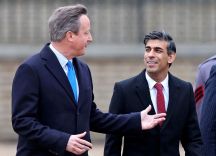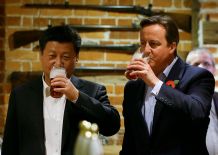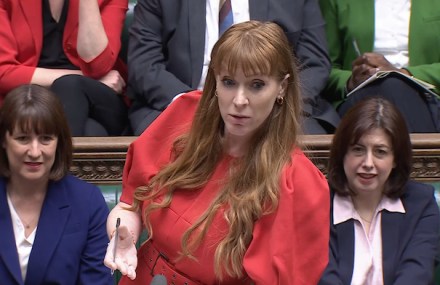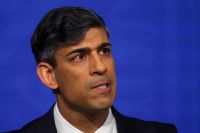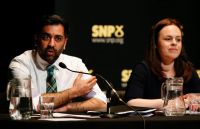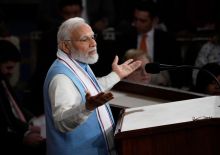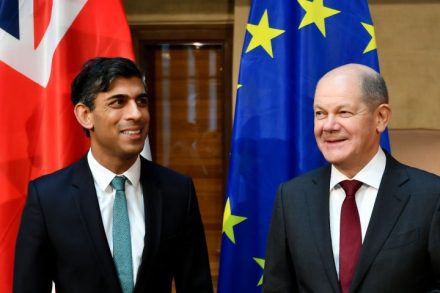French bureaucracy cannot be defeated
When Emmanuel Macron launched his campaign to win the French presidency eight years ago, he promised to cut the number of civil servants in France by 50,000 and impose fundamental reforms on the bloated state. So how’s that going? In 2017 when Macron was elected there were 5.6 million fonctionnaires. By 2021 there were 5.7 million. Last year there were 60,000 more. Debureaucratisation starts to look less like a bonfire of regulations than a tool to let bureaucrats regulate more, with less effort So new promises to streamline France’s gargantuan bureaucracy must be taken with several kilograms of fleur de sel. The announcement this week by Gabriel Attal, Macron’s fourth prime minister (they’re





